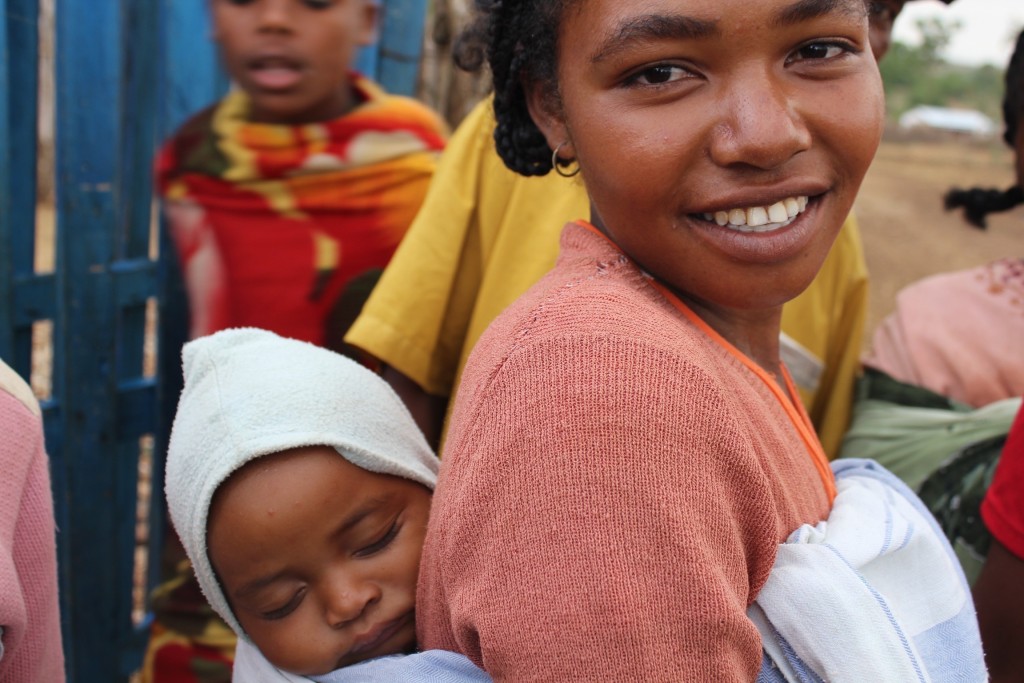
Newsletter
Please subscribe to our newsletter!
Emergency fund – meeting the costs of care for the poorest patients
80% of Madagascans live in extreme poverty. As there is no universal health insurance, Doctors for Madagascar covers the medical costs for patients who otherwise could not afford medical care.
93% of the Malagasy population live on less than the World Bank’s poverty line of $3.10 per day, and 80% live on less than $1.90. Since there is no government-funded healthcare, medical services have to be paid in advance – even if the patient’s life is in danger. For many, life saving operations and medication are simply beyond reach. Too often, these patients die on the steps of a hospital.

Saving lives is Doctors for Madagascar’s first priority. Our emergency fund was set up to help people who otherwise couldn’t afford treatment, focusing on pregnant women, children, elderly patients without families, the physically and mentally disabled and victims of accidents. The emergency fund pays for life-saving operations and treatment, carried out by local doctors in our partner hospitals in Fotadrevo and Manambaro. These include caesarean sections or ectopic pregnancies, malaria treatment for children, intestinal operations, typhoid, and emergency operations after physical trauma and violent injuries.

For example, removing an appendix in a case of severe appendicitis costs on average just 80€ – an operation that saves a life!
PROJECTS
Theme - blanco.css stylesheet is missing.
CLOSE UP
Theme - negro.css stylesheet is missing.
Newsletter
Please subscribe to our newsletter!




